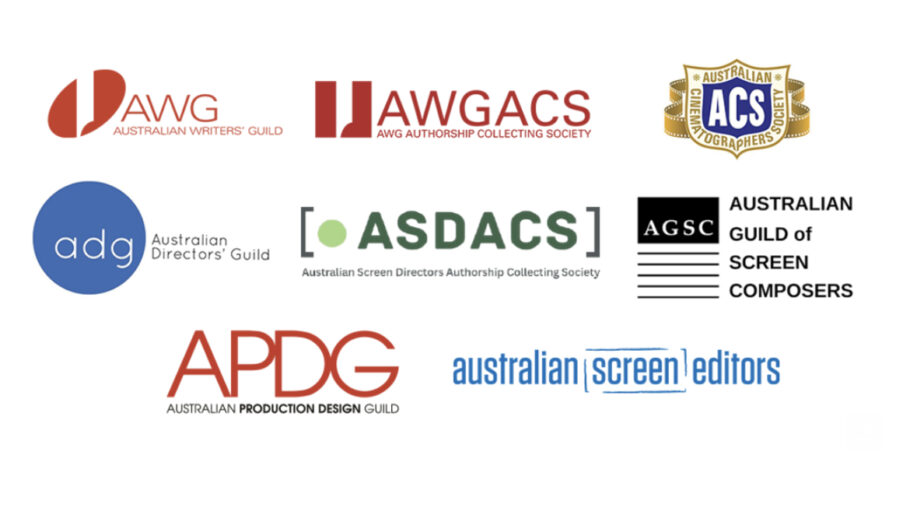Australia’s screen industry has united to urge the government to take action on their work being used by A.I. models.
In a response to Productivity Commission’s consultation on policy reform, eight trade unions underlined A.I infringing on creative workers’ copyright as a major concern. This latest push follows international action, with Elton John, Dua Lipa, and Coldplay joining more than 400 artists to sign a letter to British Prime Minister Keir Starmer in May to update copyright laws in the face of A.I. technology.
In their submission, the unions outlined four key recommendations for the government: ensuring remuneration for stolen work, alerting artists of copyright infringements, requiring consent from artists for their work to be used in training A.I. models, and implementing a rectification process for infringements that have already occurred.
“Our creative industries are billion-dollar industries, and Australian audiences want more of what we make. It’s contrary to our economic and cultural interests to allow theft of our work by foreign companies, or exploitation of creative workers here,” said Clare Pullen, CEO of both the Australian Writers’ Guild and Australian Writers’ Guild Authorship Collecting Society.
“Before we can begin to assess the impact of A.I. we have to settle the fundamental issue that it has been built on the back of stolen intellectual property. There can be no economic, cultural or scientific benefit to the nation until a process of transparency, consent and ongoing compensation is afforded to the creative workers who have made A.I. possible.”
Echoing Pullen’s stance, Deb Jackson, executive director of the Australian Screen Directors Authorship Collection Society, also emphasised the need for fair compensation.
“A remuneration scheme is essential to maintaining the livelihoods of creators and authors to ensure they are fairly compensated for the exploitation of their work on A.I. platforms; without this there is a significant threat to Australian creative innovation and economic growth in the creative sectors.”
Cosigning the response against A.I. models using their work were the Australian Cinematographers Society, Australian Directors’ Guild, Australian Guild of Screen Composers, Australian Production Design Guild, and Australian Screen Editors.
The Productivity Commission will launch a second consultation phase in July and August, inviting written submissions in response to its draft recommendations.































